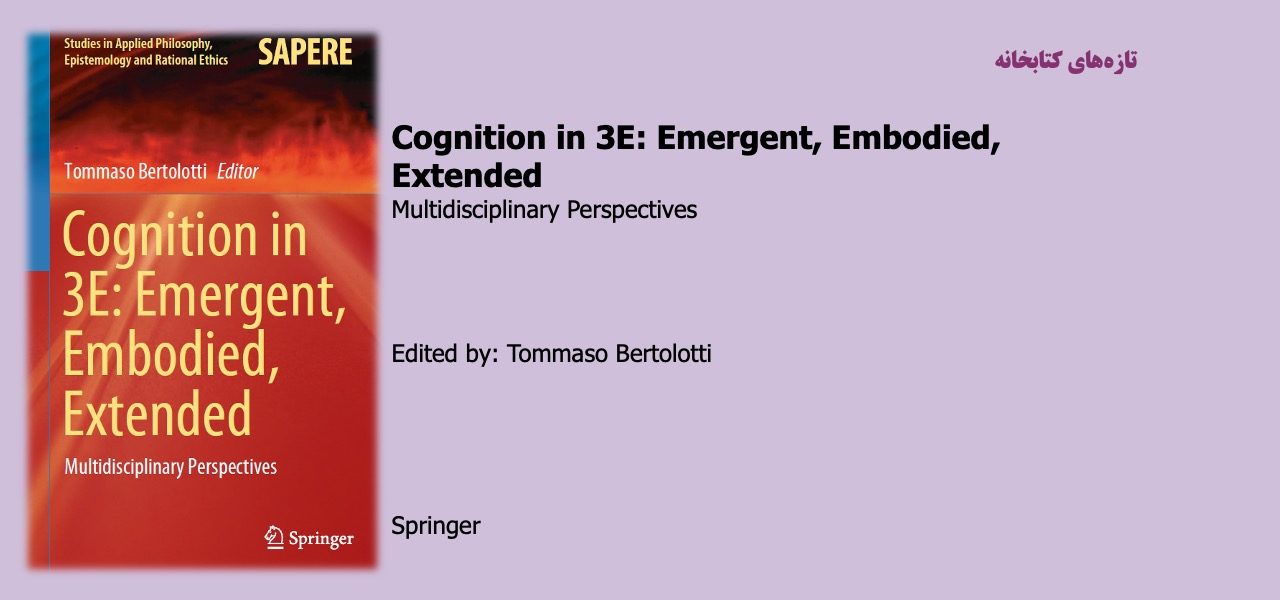Cognition in 3E: Emergent, Embodied, Extended

There are more things between heaven and earth, dear reader, than dreamt of in your philosophy. This is the warning that William Shakespeare inscribed onto the lips of Hamlet, the prince of Denmark. Hamlet was rebuking Horatio and his incredulity before the ghost of the dead king.
In the Renaissance, “philosophy” designated a wider array of matters than the word does today: it encompassed natural philosophy. Galileo and the Bard of Avon were presumably born the same year (1564): Science in its contemporary understanding was still to be born, and philosophy was the main repository of true knowledge about the world. For the sake of this argument, it should be noted that Science and Philosophy share a very similar etymology: the former is the love of knowledge, while the second means nothing but Knowledge—in Latin, Scientia from the verb Scire which simply means “to know”.
What is then Hamlet telling Horatio? That there are more things between heaven and earth than in his knowledge. Is this a but flourished way to say, “There are things that you don’t know”? Yes and no. That famous sentence does include the essence of Shakespeare’s theatre.
Knowledge and ignorance are the main characters in all of Shakespeare’s plays. The plot unraveling across the acts is indeed a function of knowledge. A character ignores the true identity of another, or is perchance even oblivious of her own nature, or is mistaken in assuming the reaction of a third character to an event, and so on and so forth. Shakespeare made it clear that stories are not shaped by what character do, but by what they know. What characters know triggers actions intended at helping them pursue their goals. As they pursue their goals they travel, and as they travel they gather new knowledge, which prompts different courses of action. The resolution of a play does not signify that everything that was to be done was done indeed, but that everything that was to be known was eventually known and subsequent actions are, from that point of view, immaterial.
مطالب مرتبط

کتاب تمرین درمان شناختی – رفتاری برای مشکلات سلامت روان
۱ / اردیبهشت / ۱۴۰۴

درآمدی بر روانشناسی خرد
۱ / اردیبهشت / ۱۴۰۴

سرشت – چگونه سیمکشی مغزهای ما هویت ما را تعیین میکنند؟
۱ / اردیبهشت / ۱۴۰۴

